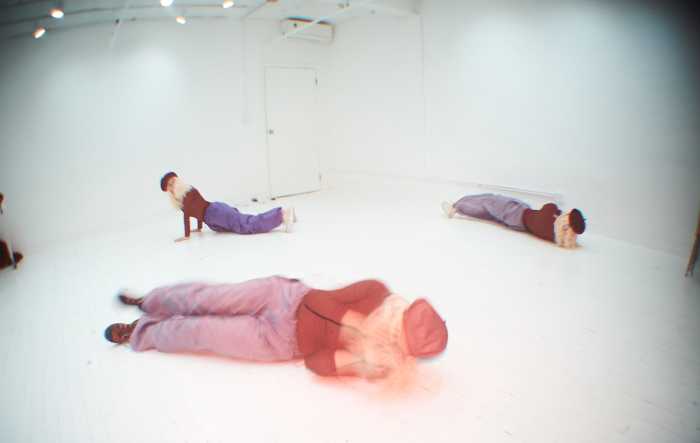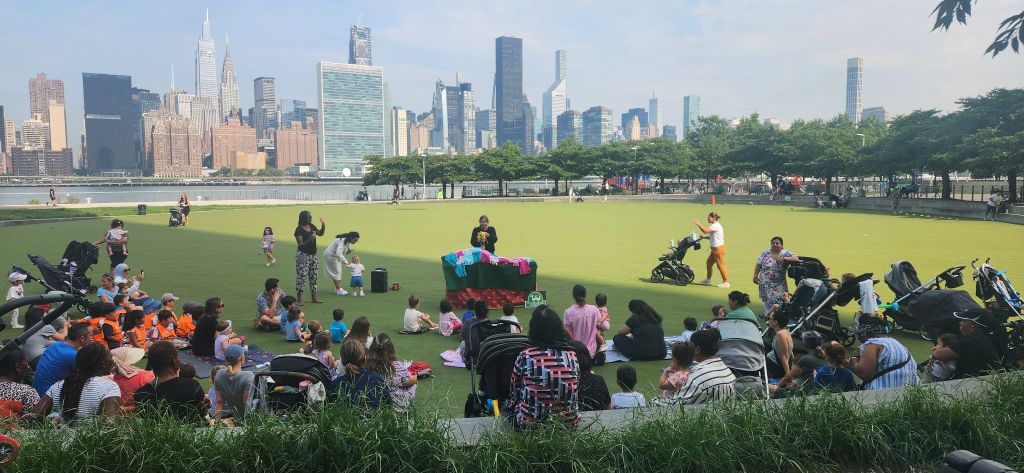Already beset with transit fare jumps and sales tax hikes, another increase is hitting Queens tenants who live in rent-stabilized apartments, forcing them to reach even deeper into their pockets.
It is the largest rent jump since 1989 and will affect 2.3 million New York City tenants, who, according to the Rent Guidelines Board, will pay an average of $35.14 more a month for a one-year lease and $58.57 more a month for a two-year lease.
"Its true that landlords had their property tax go up, but we dont think that the tenants should pay the entire tax increase," said Tom Waters, an organizer for New York State Tenants and Neighbors Association, an advocacy group that represents rent-stabilized and rent-controlled tenants. "We dont believe the hikes are warranted by the economic situation."
In a 5-4 decision Thursday, at the Custom House in Lower Manhattan, members of the Rent Guidelines Board voted for rent hikes of 4.5 percent on one-year rent-stabilized leases and 7.5 percent on two-year rent-stabilized leases in New York City. The rent increase was one percent less than the 5.5 percent and 8.5 percent initially discussed at the preliminary hearing held last month.
Thursdays vote by the nine-member board, which consists of four independent members, two tenant representatives and two landlord representatives, came after a June 17 public hearing. During the hearing, cash-strapped tenants pleaded for no increases, while landlords argued they were necessary to meet the rising costs of utilities and the citys property tax jump.
Both landlord and tenant representatives on the board voted against the decision, for countervailing reasons. Landlords were disappointed with the outcome, for they sought a rate increase of 9 percent and 12 percent respectively for one-year leases and two-year leases. Tenants, however, thought the rate increases were too much, especially since other city services became more costly this year.
Waters remarked that he was pleased with the tenants who spoke at the public hearing, noting they were instrumental in getting the board to decrease the initial rate hikes by a percentage point.
The rent rises are expected to affect many Queens residents. According to a 1999 study by the Rent Guidelines Board, the borough is home to 198,244 rent-stabilized apartments. As a general rule, most agencies estimate two and a half residents per apartment.
Regina Shanley, a 56-year-old tenant in Phipps Gardens, a rent-stabilized complex in Sunnyside, said she and many of her neighbors are concerned. Shanley, who is disabled, spoke at the boards public hearing. She lives on a modest income from the government. Her $639 Social Security Disability check covers the $530 rent for her one-bedroom apartment but not much more.
"It just doesnt make sense," said Shanley. Many of her co-tenants in her apartment complex, consisting of more than 400 apartments, also rely on regular Social Security or disability for their income, leaving them in the same predicament.
Shanley has not given up hope. She volunteers at New York State Tenants and Neighbors Coalition. She is confident that the group will continue to push for a state law for disabled tenants, that is similar to the Senior Citizen Rent Increase Exemption, which limits the amount tenants, 62 and older, pay in rent. Seniors in the program pay no more than a third of their income on rent, and the city defrays the difference. A bill, which has circulated around Albany but has never mustered enough support to pass, would do the same for disabled tenants. Waters said the bill has not passed in Albany because Mayor Bloomberg opposes it.
The Rent Guidelines Boards vote came a day before State Legislature agreed to extend rent-stabilization laws for another eight years. The renewal allows landlords to deregulate vacated, rent-stabilized apartments that go for $2,000 or more and rent them at market price. Advocates fear this will gradually reduce the stock of rent-stabilized apartments.
Back in Queens, Shanley expects her rent to increase by $25 a month in December when she renews her lease. The combination of rent and transit-fare hikes leaves her uncertain of whether she will be able to continue living in the apartment that has been her home for 22 years.
Summing up her frustration, Shanley said: "Right now, I already make a choice each month to either buy shampoo or toothpaste."































